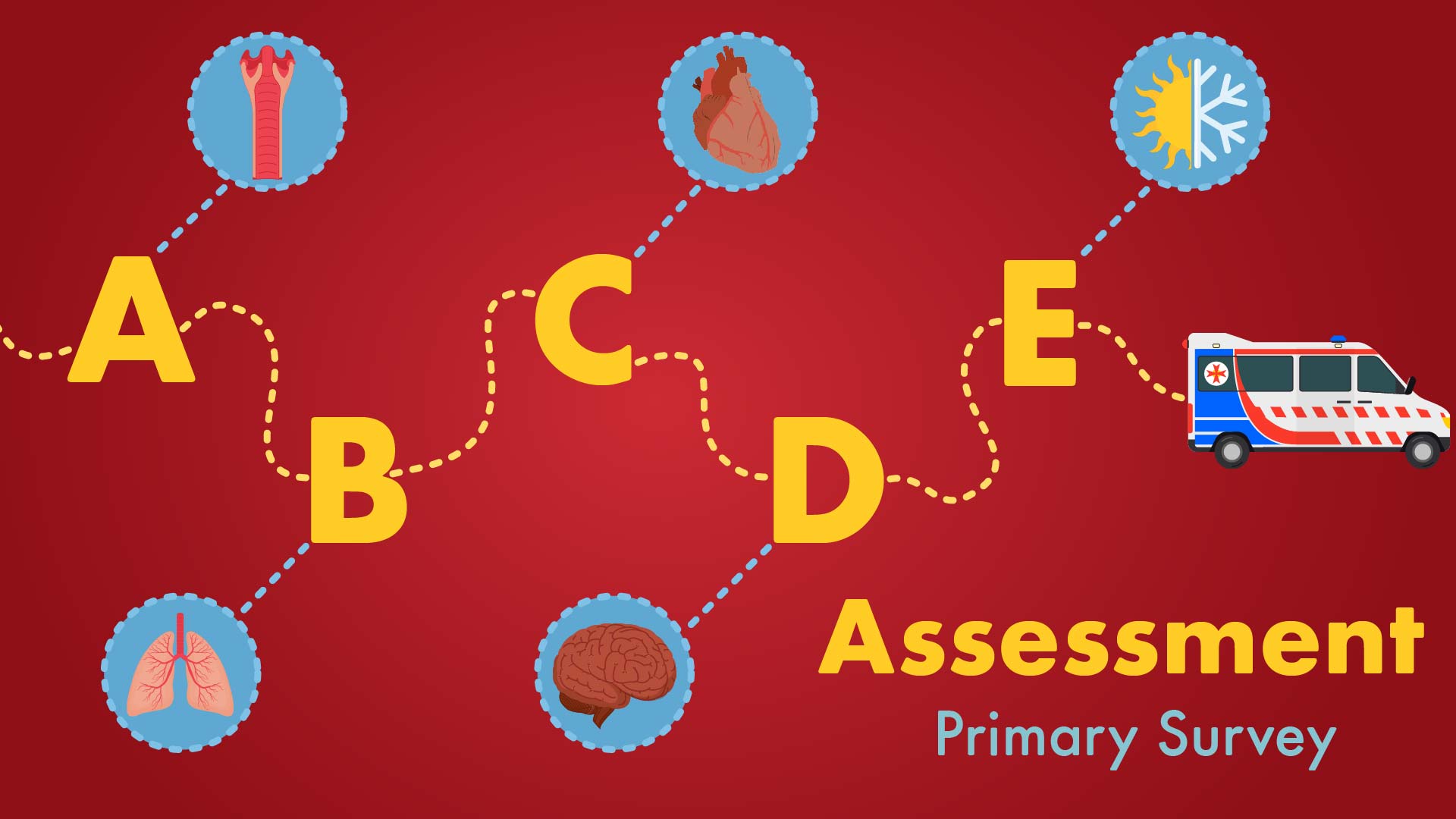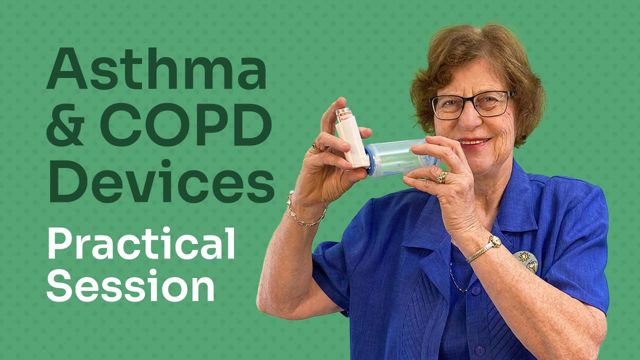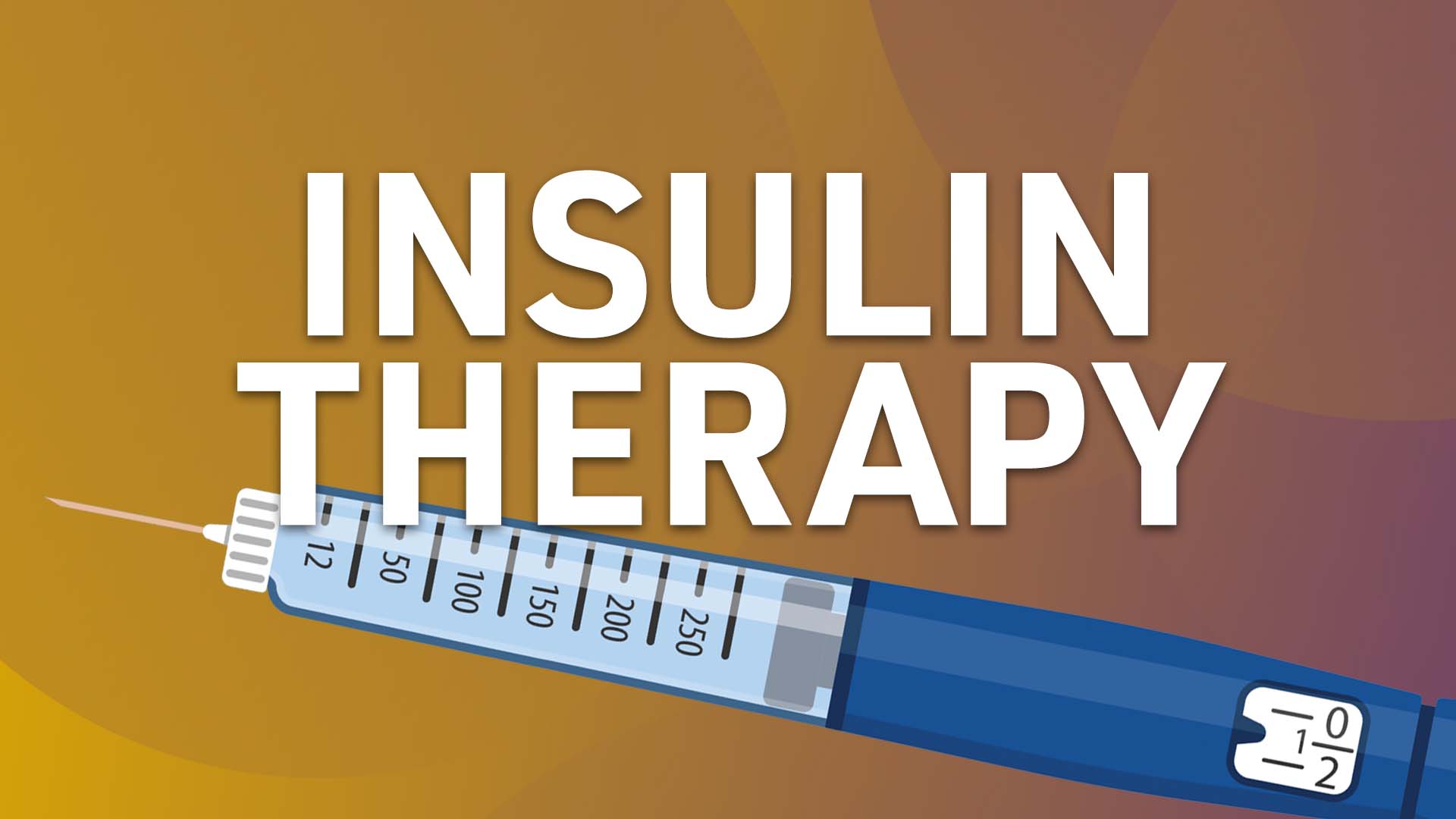ABCDE Assessment (Primary Survey)


The ABCDE assessment approach is a vital tool for healthcare professionals dealing with deteriorating or critically ill patients. This systematic, rapid bedside assessment focuses on prioritised initial management of life-threatening conditions and improving the patient’s condition without an immediate need for a definitive diagnosis.
This Ausmed Course provides healthcare professionals with a step-by-step guide to applying the ABCDE assessment in their clinical practice, covering each assessment area (airway, breathing, circulation, disability and exposure) in detail, from identification to interventions.
Content
What you'll learn:
Demonstrate an understanding of how to perform an ABCDE systematic assessment on critically ill patients in a timely and efficient manner.
Identify and differentiate between normal and abnormal findings during an ABCDE assessment and initiate appropriate interventions based on the patient's condition.
Evaluate the effectiveness of interventions initiated during the ABCDE assessment and modify the plan of care as needed based on the patient's response.
Collaborate and communicate effectively with interdisciplinary team members regarding the patient's assessment findings to develop an individualised care plan.
Who it's for:
Why it's needed:
The ABCDE systematic assessment approach is used by healthcare professionals to assess and manage critically ill patients. This approach facilitates early recognition and response to clinical deterioration of a patient, which is fundamental to achieving positive patient outcomes, as delayed identification and management of deterioration can lead to potentially fatal outcomes.
It is essential that healthcare professionals regularly encountering critically ill patients in their practice have the knowledge and confidence to recognise and respond to signs of clinical deterioration and provide patients with safe, effective and timely care when they need it the most.
Purpose:
Topics
Assign mandatory training and keep all your records in-one-place.
Find out more
Recommended resources


 Free
Free



 Free
Free

 New
New